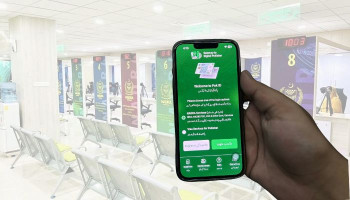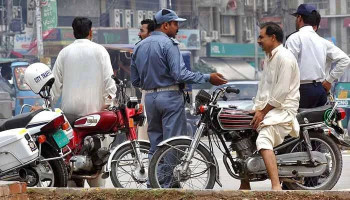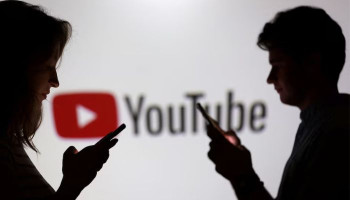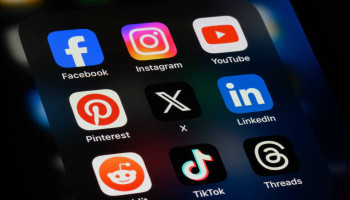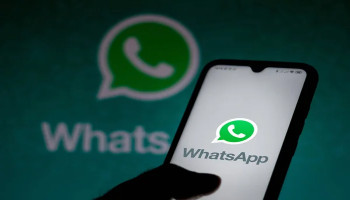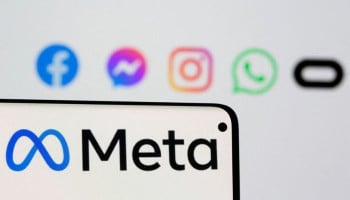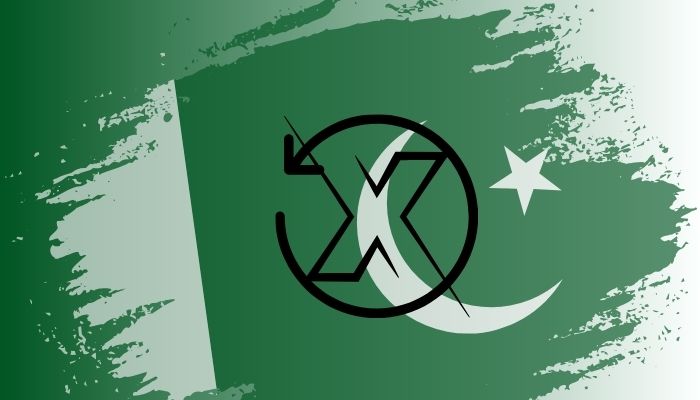
Pakistan has lifted its seven-month ban on X (formerly Twitter), making the social media platform accessible once again in the country. The ban was initially placed in February amidst election fraud allegations made by a senior government official.
In the run-up to Pakistan's general elections, popular social media platforms, including X, were inaccessible to the public. The caretaker government ordered a blanket internet shutdown on Election Day for reasons ranging from terrorism prevention.
Meanwhile, on a recent hearing at the Sindh High Court, the Pakistan Telecommunication Authority (PTA) lawyer told the court that the notification issued regarding the closure of X had been withdrawn. To this, the court asked if the withdrawal of the notification would not mean restoration of X, the PTA counsel replied access to X should now be possible.
However, a counsel for the petitioners came up and said, "Your Honour, X is still inaccessible." The court showed dissatisfaction with the lack of coordination between the lawyers representing PTA when one lawyer informed that they had no information about the withdrawal of the notification.
The Deputy Attorney General told the court that X was closed based on intelligence; however, the court wanted to know what exactly the grounds were for the closure. The impression indeed dawned that the restrictions might amount to a denial of fundamental rights under the Pakistan constitution for freedom of information, speech, and association.
Critics argue that this action undermined the democratic process and the rights of the citizens to free flow and expression of information when these were most needed.
The Sindh High Court played a crucial role in the lifting of the ban. The court's inquiry into the matter led to the PTA's withdrawal of the notification, effectively restoring access to X.
However, nobody knows for sure how long this will last or whether X will be banned again in the days to come. The lifting of the ban is a significant victory for digital rights in Pakistan, but the country's history of internet shutdowns and social media restrictions raises concerns about the government's commitment to protecting citizens' online freedoms.







